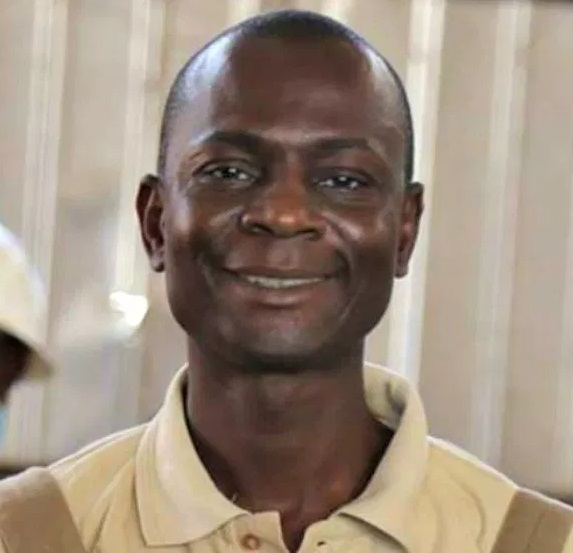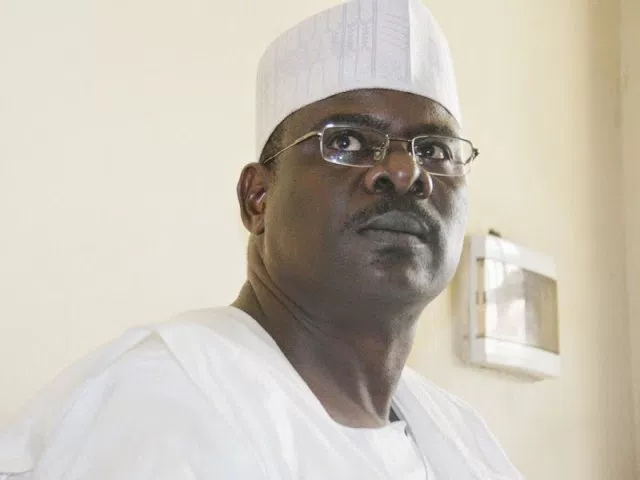Court acquits Jonathan’s cousin of $40 m fraud

The Federal High Court in Abuja on Monday discharged and acquitted former President Goodluck Jonathan’s cousin, Robert Azibaola, of the $40 million money laundering charge filed against him by the Economic and Financial Crimes Commission (EFCC).
Delivering judgement yesterday, Justice Nnamdi Dimgba held that no credible evidence was adduced to establish the offence of money laundering against Azibaola.
He added that the prosecutor should have produced the former National Security Adviser, Col. Sambo Dasuki (rtd) as a witness even though the former security adviser is in the custody of the Department of State Services (DSS).
According to Justice Dimgba, the prosecutor failed to provide any witness from the office of the National Security Adviser since the money laundering trial began in 2016, asserting that “the EFCC and the prosecution cried more than the bereaved.”
The judge stated further that the prosecution has not been able to prove beyond reasonable doubt the two-count charge against the defendant and ordered that “the defendant is hereby discharged and acquainted and not guilty.”
The EFCC had in 2016 filed a seven-count charge against Azibaola, his wife, Stella and their company, saying that they received $40 million worth of illicit contract from the detained Col. Dasuki (rtd).
They were subsequently, arraigned on June 7, 2016, and were admitted to bail in the sum of N500 million each before they were again re-arraigned on April 27, 2017, on an amended nine-count charge.
In the course of the trial, the prosecution called 10 witnesses and tendered 27 evidences against the defendants before closing its case while Azibaola and him company were ordered to open their defence on the remaining two –count charge following the striking of his wife’s name from the charge sheet.
In his defence, Azibaola denied diverting money to his personal use and on February 6 this year, his defence team led by Chris Uche closed its defence after calling two witnesses and tendering several documents as evidence.








